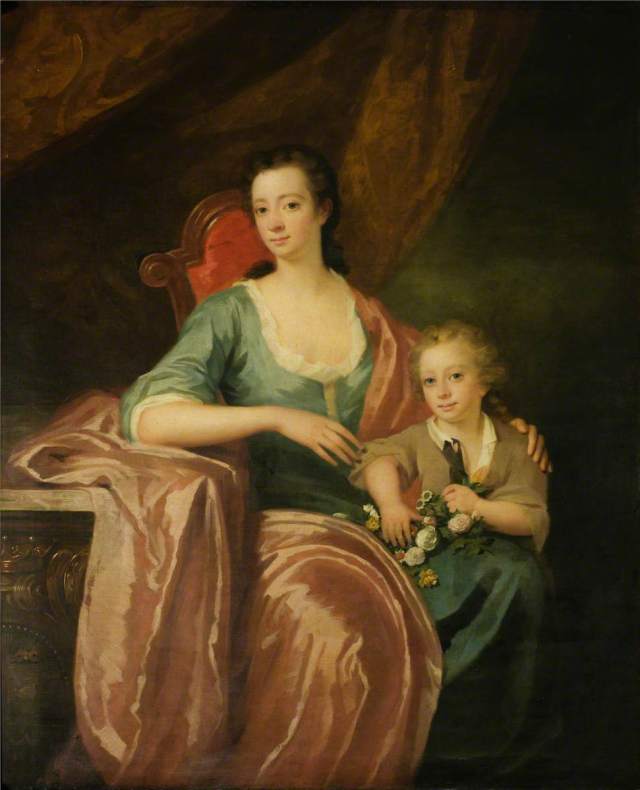On the evening of the 3rd September 1783, Lieutenant Colonel Frederick Thomas sat down and wrote his will.
London, Sept. 3, 1783
I am now called upon, and, by the rules of what is called honour, forced into a personal interview with Colonel Gordon. God only can know the event, and into his hands I commit my soul, conscious only of having done my duty. I therefore declare this to be my last will and testament and do hereby revoke all former will I have made at any time. In the first place I commit my soul to Almighty God, in hopes of his mercy and pardon. I leave 150l in bank notes to my dear brother, John Thomas Esq. I also bequeath unto him whatever sums may be due to me from the agent of the 1st Regiment of Guards, reserving a sufficient sum to pay my debts and bequeath to him all my books and household furniture and everything of which I am now possessed. I give and bequeath to Thomas Hobbs. My servant 50 which I request my brother will pay him. What debts may be now owing I request my brother will immediately discharge.
Fred Thomas
P.S. I commit this into the hands of my friend Captain Hill, of the first Regiment of Guards.
Why is this will significant? It’s not the most interesting or especially informative. Well, because the following day, Fred Thomas had an ‘interview’ with a Colonel Gordon, but not an interview for a job, or a chat or a disciplinary meeting. He was meeting a Colonel Cosmo Gordon for a duel and was clearly wanting to ‘put his house in order’ before the event. The postscript was added to his will after the event took place.
Fred’s opponent was Colonel Cosmo Gordon, the third son of William Gordon, 2nd Earl of Aberdeen (1679-1746) and his wife Anne, who was living in the parish of St. George, Hanover Square.


The two gentlemen in question had a long-standing military dispute and General Gordon accused Lieutenant Thomas of besmirching his good name and demanded satisfaction as you can see in this letter from Gordon to Thomas
Cosmo Gordon, Great Marlborough-street, 20th of June 1783, seven o’clock.
Sir,
Having had a full and honourable acquittal of the charge you brought against me, I desire you will give me personal satisfaction, and meet me with a friend and two brace of pistols and a sword, at the Ring, in Hyde Park.
Your injured obedient servant,
Cosmo Gordon
Addressed to Colonel Thomas.

The duel went ahead on the morning of 4th September 1783:
At six in the morning, the pair met at the Ring in Hyde Park to fight the duel. It was agreed upon by their seconds, that, after receiving their pistols, they should advance (eight paces being the usual distance apart required), and fire when they pleased.
On arriving within about 8 yards of each other they presented and drew their triggers at virtually the same time, but only the Colonel’s pistol went off. Fred having adjusted his pistol, fired at the Colonel, who received a severe contusion on the thigh.
Their second pistols were fired without effect and their friends called to reload them. After which they advanced to almost the same distance and fired. Fred fell, having received a ball in his belly causing a wound one inch long but fourteen inches in depth. body. He received immediate assistance from the surgeon, who was in attendance.
Whilst the injury appeared severe it was not instantly fatal. From the said 4th to the 5th day of September, Frederick languished, but on the 5th day of September, the said Frederick Thomas died as a result of his injury. An inquest was held by Thomas Prickard on 6th September 1783.
Cosmo Gordon was charged with murder and appeared at the Old Bailey but was eventually found NOT GUILTY.
Frederick Thomas was buried a few days later, on the 10th of September 1783 and his name appears in the burial registers of St George’s Hanover Square, which covered St George’s Fields, Bayswater, at this date.
Sources:
Stamford Mercury 25 September 1783
The Old Bailey Online, City of Westminster Coroners: Coroners’ Inquests into Suspicious Deaths
The History of Duelling by John Gideon Millingen
City of Westminster Archives provided confirmation of the entry in the burial register
Featured Image:
A Military Encampment in Hyde Park, 1785. Inscribed in pen with brown ink, verso, center: “Drawn on July [1785?] | by | James Malton”, Signed and dated, verso, in pen with brown ink, “1875 | by | James Malton” Paul Mellon Collection, Yale Centre for British Art

What was the insult that caused this tragedy?
LikeLike
Hi Ann
According to the court case, ‘Colonel Thomas had secretly and scandalously aspersed his character as an officer, in a manner unbecoming a soldier and a gentleman‘. They clearly had military differences, but this was taking it to the extreme! You can read the full court case by following this link. https://www.oldbaileyonline.org/images.jsp?doc=178409170003
LikeLike
Interesting report. I cannot imagine the people resolving libels by duelling in in 21st century.
LikeLiked by 1 person
Perhaps that’s a good thing 🙂
LikeLike